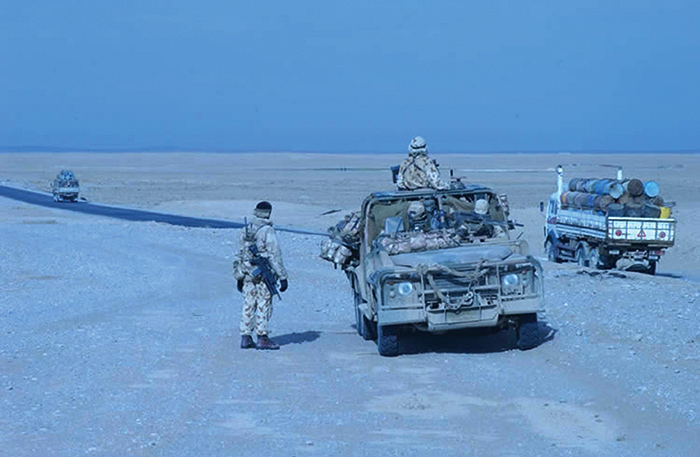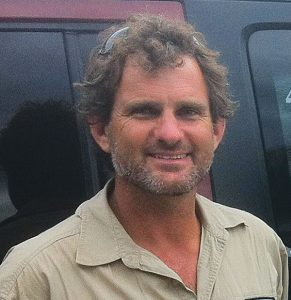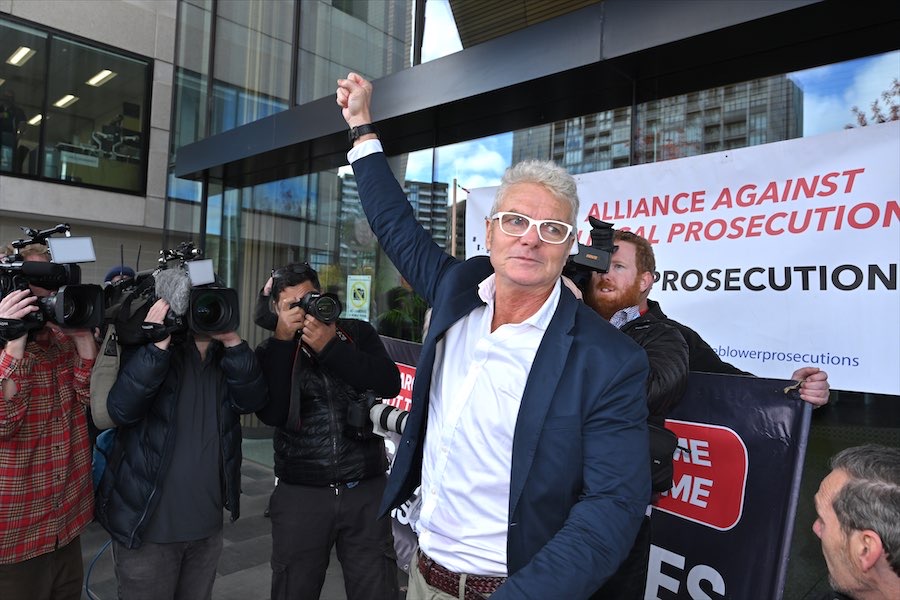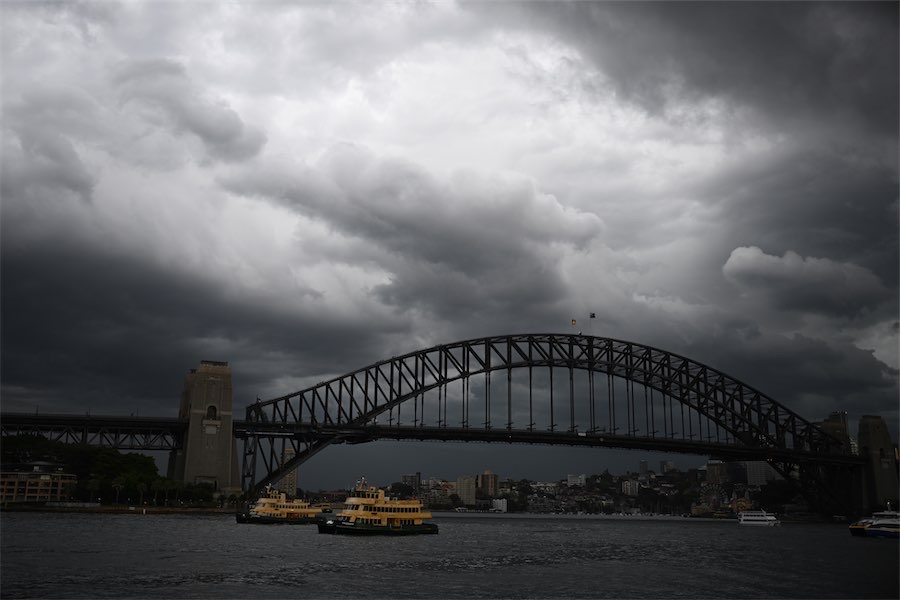
A NATIONAL scandal is about to descend on Defence Minister Marise Payne.
Hundreds, if not thousands, of Australian servicemen are caught in a mental trap from which there seems no escaping. And the ADF is dragging its feet in solving the problem. Indeed, its policies and attitudes are making it worse.
The horror of Post-Traumatic Stress Disorder (PTSD) has swept through our elite Special Forces units – the SAS and the Commandos – leaving a trail of mental wreckage in its wake. Veterans who have carried the fight against the Islamist radicals now represent almost one in 10 of the homeless people living in their cars or on the streets of our major capitals. While the last report into homeless veterans in 2008 said there were more than 3000 living on the street, since then some 40,000 troops have been engaged in Iraq, Afghanistan and other combat zones. And though the Department of Veterans’ Affairs is assisting where it can, there are no proactive policies from the ADF to seek out the men and women needing treatment. The Army’s attitude is that they are “no longer our problem”.
I have been drawn into the issue as the author of four books of biography and history of SAS soldiers and our Special Forces via a rising number of desperate emails from the families of Special Forces soldiers.
The most recent this month was typical (only the names are changed to protect privacy):
Dear Mr Macklin,
My name is Laura J and I am the mother of a former SAS soldier. I believe that my son is suffering from severe PTSD but he is not having any treatment. He has largely isolated himself from his family – brother, father and particularly from me. I’ve been trying to contact him for several months and finally I received a vicious and cruel email from him that has left me completely devastated.
I’m sorry to impose on you like this but I’m desperate. I have been told that if it wasn’t for his two-and-a-half-year-old-daughter my son would probably have suicided.
My son’s name is RJ.
Thank you for taking the time to read this email.
Sincerely
LJ

The symptoms are devastating to the individual.
As one soldier described it: “There are extreme reactions to what’s going on around you.
“It was as if someone had placed a magnifying glass over my normal emotional responses. At times I’d be hyper-alert, at others so brain-fogged that no amount of stimulants could enliven me, and no amount of alcohol could relax me – hours of fear, weeks of hyper-vigilance. The common thread was not a tendency to violence but rather toward self-hate. It was the fear of being permanently broken.”
Stuart Bonner says there are “two sides” to the Australian attitude.
“One side provides support and acceptance – government bodies like DVA and VVCS (Veterans and Veterans’ Families Counselling Service),” he says.
“The other side is unsupportive and dismissive.”
These are to be found in the Defence Department and the ADF.
“[These] people think that injured persons are claiming services and support they don’t deserve,” he says.
“I have met some opponents who are openly critical when in fact they are doing their former colleagues a significant disservice. There is a long held belief in Defence that if you take time off you are assumed to be a malingerer, unless the injury is visibly obvious.
“The attitude has served a valid if callous purpose – to force personnel to disregard their injuries and fight on despite the consequences. It is a form of abuse that relies on peer pressure to achieve an aim – perhaps mateship abused to achieve an end.
“Another is the financial reason to demonise the injured: to reduce Defence Department and therefore Government costs. Influencing the sick and needy to refrain from making a claim for support is a way to reduce these costs.”
Another veteran volunteering to assist his mates suffering from PTSD through the charity Soldier On is Geoff Evans who says the experience with DVA can be a compounding factor.
“The time taken to resolve bureaucratic issues can be overwhelming,” he says.
In fact he is haunted by one case where the delays proved fatal. The soldier, Matthew Tonkin, overdosed and died. His outstanding DVA claims were processed two weeks after his death.
Next week: What’s to be done?
Robert Macklin is the author of “Redback One, the True Story of an Australian SAS Hero” (Hachette Australia, rrp $35).
Who can be trusted?
In a world of spin and confusion, there’s never been a more important time to support independent journalism in Canberra.
If you trust our work online and want to enforce the power of independent voices, I invite you to make a small contribution.
Every dollar of support is invested back into our journalism to help keep citynews.com.au strong and free.
Thank you,
Ian Meikle, editor




Leave a Reply